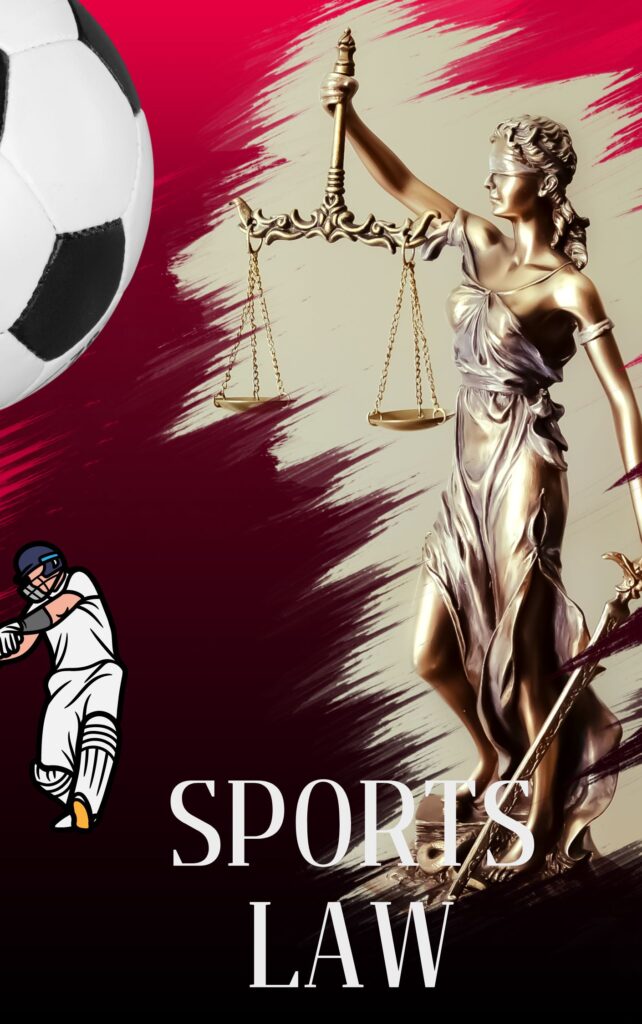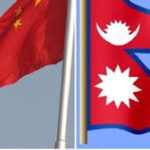Table of Contents
- Sports Administration
- Development and Promotion of Sports
- Role of Sports Federations
- Dispute Resolution in Sports
1. Introduction
Sports law in Nepal has evolved significantly to accommodate the growing importance of sports and athletics in the country. With the increasing participation in both national and international sporting events, legal frameworks have been introduced to regulate and promote sports at various levels. Two key legislative milestones stand out: the Sports Development Act 1992, which was later repealed, and the current Sports Development Act 2021, which now governs the field of sports law and sports administration in Nepal.
This article will provide a comprehensive look at how sports law in Nepal has developed, the main features of the current legislation, and the challenges and opportunities that lie ahead.
2. Evolution of Sports Law in Nepal
Sports Development Act 1992
The Sports Development Act 1992 marked Nepal’s first attempt to regulate sports activities and establish a legal framework for sports governance. It focused on the promotion of physical education, the establishment of sports institutions, and the general administration of sports in the country. However, the act soon became outdated as it failed to address the emerging challenges faced by modern sports organizations and athletes, leading to its eventual repeal.
Repeal of the 1992 Act
Recognizing the need for a more modern and effective sports law framework, the Sports Development Act 1992 was repealed. With changes in how sports are managed and the increased demand for better governance, transparency, and athlete welfare, it was essential to establish a law that could meet these new challenges.
Sports Development Act 2021
To address the gaps left by the older law, the Sports Development Act 2021 was introduced. This new act provides a more structured approach to the regulation and development of sports in Nepal. It covers various aspects of sports governance, including the roles and responsibilities of sports authorities, the creation of sports federations, and the promotion of athletic talent at both the grassroots and elite levels.
3. Key Features of the Sports Development Act 2021
Sports Administration
The Sports Development Act 2021 focuses on the effective administration of sports bodies and institutions. It defines the roles of the National Sports Council, various sports federations, and local organizations in the planning, promotion, and management of sports events. The law also emphasizes coordination between government bodies and private organizations to ensure effective sports management.
Development and Promotion of Sports
One of the primary goals of the act is the development and promotion of sports throughout Nepal. It aims to identify and nurture talent from a young age, offering opportunities for individuals to grow in their respective sports disciplines. The act supports initiatives to improve sports infrastructure, provide training to coaches and athletes, and establish international partnerships to enhance the skill levels of Nepali athletes.
Role of Sports Federations
The act assigns significant responsibilities to sports federations in Nepal, requiring them to maintain transparency and accountability in their operations. These federations are tasked with organizing events, maintaining standards, and ensuring that athletes and teams are properly supported in national and international competitions.
Dispute Resolution in Sports
In order to handle disputes, the Sports Development Act 2021 introduces legal mechanisms for dispute resolution. Whether the disputes involve athletes, sports federations, or officials, the act outlines procedures to resolve conflicts through arbitration or legal intervention, ensuring fairness and justice within the sports sector.
4. Challenges and Opportunities in Nepalese Sports Law
Challenges
While the Sports Development Act 2021 is a step forward, challenges remain. Some of the difficulties include:
- Lack of sufficient funding for sports development and infrastructure.
- Inadequate training for coaches and referees.
- Bureaucratic delays in the implementation of sports programs.
- Gender inequality in sports representation and participation.
Opportunities
However, there are also significant opportunities for growth. With proper implementation, the act could lead to:
- Enhanced support for athletes, both in terms of training and financial aid.
- Better sports infrastructure across Nepal.
- Stronger participation in international sporting events, boosting Nepal’s global standing.
- More transparency and accountability in sports governance, creating a healthier sports environment.
5. Conclusion
The Sports Development Act 2021 is a crucial legislative reform in Nepal’s sporting sector. It replaces the outdated Sports Development Act 1992 and introduces modern legal frameworks to regulate, promote, and govern sports in the country. Despite some challenges, the opportunities for growth and improvement in Nepal’s sports scene are immense. With the right focus on implementation, the act could lead to a brighter future for sports in Nepal, supporting both athletes and sports institutions as they strive for excellence.



